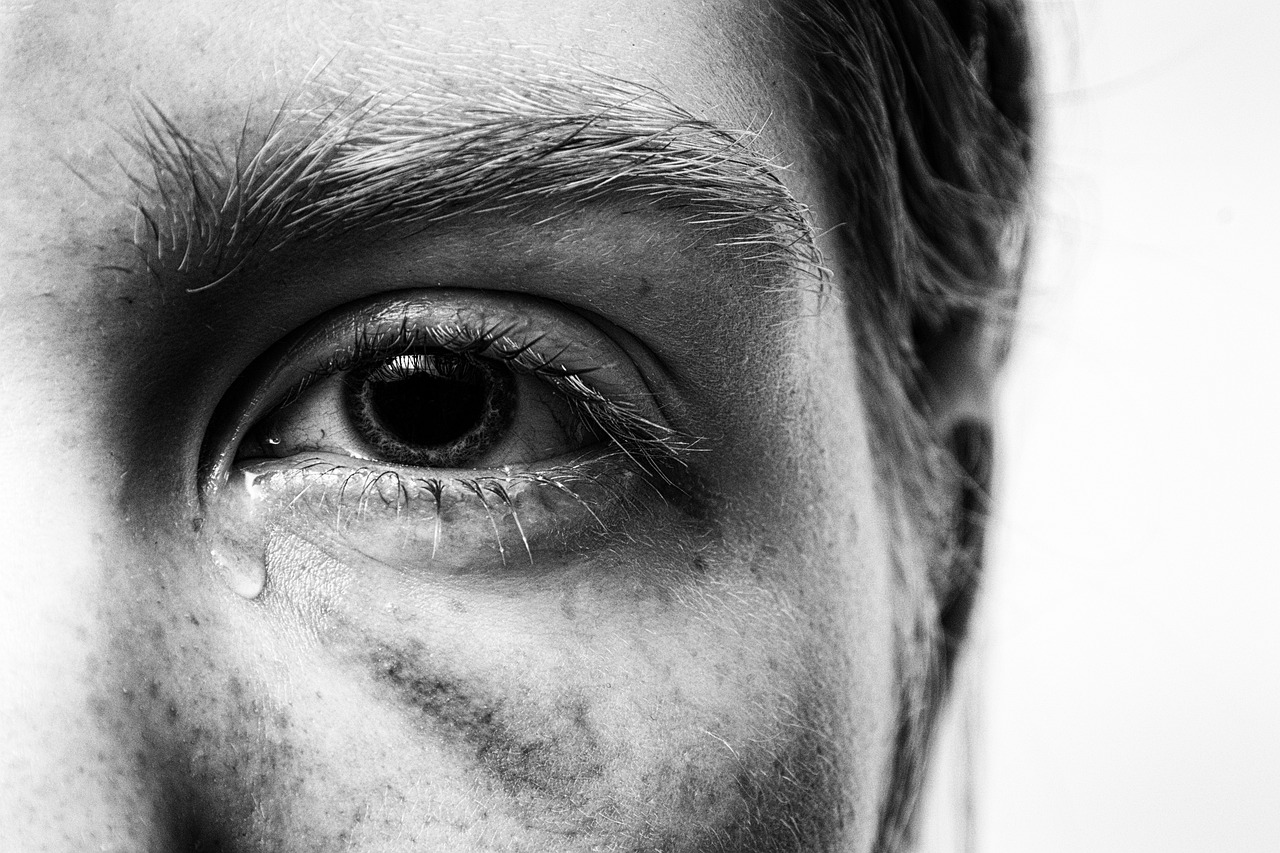Suicide is the tenth leading cause of death in the United States, and every year America loses approximately forty-one thousand people due to suicide.
source
Mental health is one of the most prominent topics that concern many people, but unfortunately there are many common myths about mental health that people take for granted. The problem is that mental health does not affect only the person but affects the whole society, so we must learn more about mental health and that Differentiate between myths and facts.
Mental health problems cannot plague you
Unfortunately, research has shown that mental health problems are very common, and a 2014 study confirmed that one in five adults in America have a mental health problem, and that one in ten young people go through a state of severe depression, and that one in twenty-five Americans actually has a disease. Mental risk, such as schizophrenia, bipolar disorder, or major depression.
The study added that suicide is the tenth leading cause of death in the United States, and America loses every year approximately forty-one thousand people due to suicide, and almost twice this number the number of homicide deaths annually.
Children do not suffer from psychological or mental problems
There are some early signs of mental health issues that can be seen in even younger kids. These symptoms are often diagnosed clinically, and these problems may be due to biological, social or psychological factors. Studies show that half of mental health disorders appear before the child reaches the age of (14) years of age. While all the signs become clear before the person reaches the age of twenty-four years.
Unfortunately, he receives treatment and assistance from all of these cases only 20%. Of course, the earlier treatment and assistance, the more it helps support mental health before the problem worsens and overlaps with other developmental needs.
Individuals suffering from mental health issues tend to be violent and unpredictable.
The vast majority of people with mental health problems are no more violent than a normal person, and the true rates of people with mental health problems and violence range from only 3: 5%. People with mental illnesses are more likely to become victims of violent crimes, according to research.

People with mental illness cannot work or stand the stress of a job
On the contrary, there is no study proving that people with mental problems are less productive than normal people. On the contrary, people with mental illness always maintain good attendance, punctuality and constant motivation that drives them to work well, as well as keeping their jobs for long periods and even progressing in them.
Mental problems lead to lethargy and weakness
There is no relationship between mental problems and sluggishness or weakness. There are many other factors that contribute to making people lazy or weak, such as biological factors such as genetics, diseases, injuries, or problems with brain chemistry. The cause may be psychological, such as traumatic experiences, trauma, or abuse problems. The positive thing is that all of these problems can be controlled, treated and cured.

Myth: There is no hope of recovery from mental illness
Studies confirm that people who suffer from mental illnesses, with proper treatment and assistance, improve and even fully recover, and many researches confirm that their ability to interact with others, work, learn and participate fully returns.
Psychotherapy and self-help is a waste of time and the best drugs
The type of treatment varies according to the problem that the individual suffers from, there are mental problems that require the use of drugs and others that do not. It is entirely up to the discretion of the doctor, so the individual must be aware of his condition and fully aware of the importance of his personal role in treatment.

Cannot help the mentally ill
Friends and family can make a big difference in treating mental illness, and the diagnosed cases have proven that the presence of family and friends for support is very important in the treatment phase and one of the influences that help the individual recover better and faster because the patient needs them in:
Communicate permanently.
Help to access mental health services.
Share information and facts with them.
Avoid using the term "insanity".
Mental illness cannot be prevented
The idea of preventing diseases and mental, emotional and behavioral disorders focuses on addressing risk factors, especially exposure to trauma, which may negatively affect children or youth in general, which helps us to:
We increase production rates.
We achieve better educational outcomes.
We reduce crime rates.
We are blessed with a strong economy.
We reduce healthcare costs.
We improve the quality of life.
We help increase life expectancy.
We make family life better and more stable.
